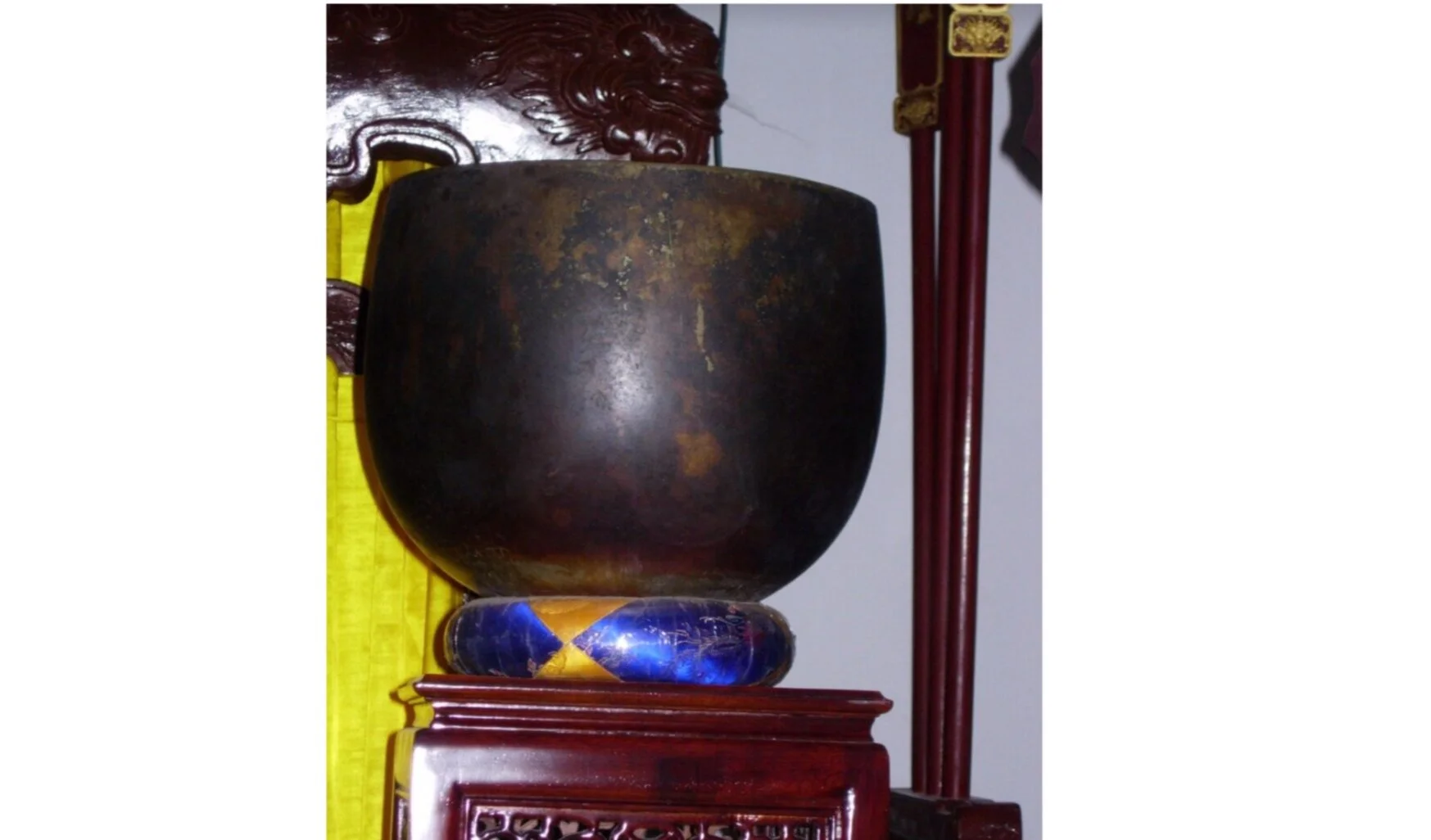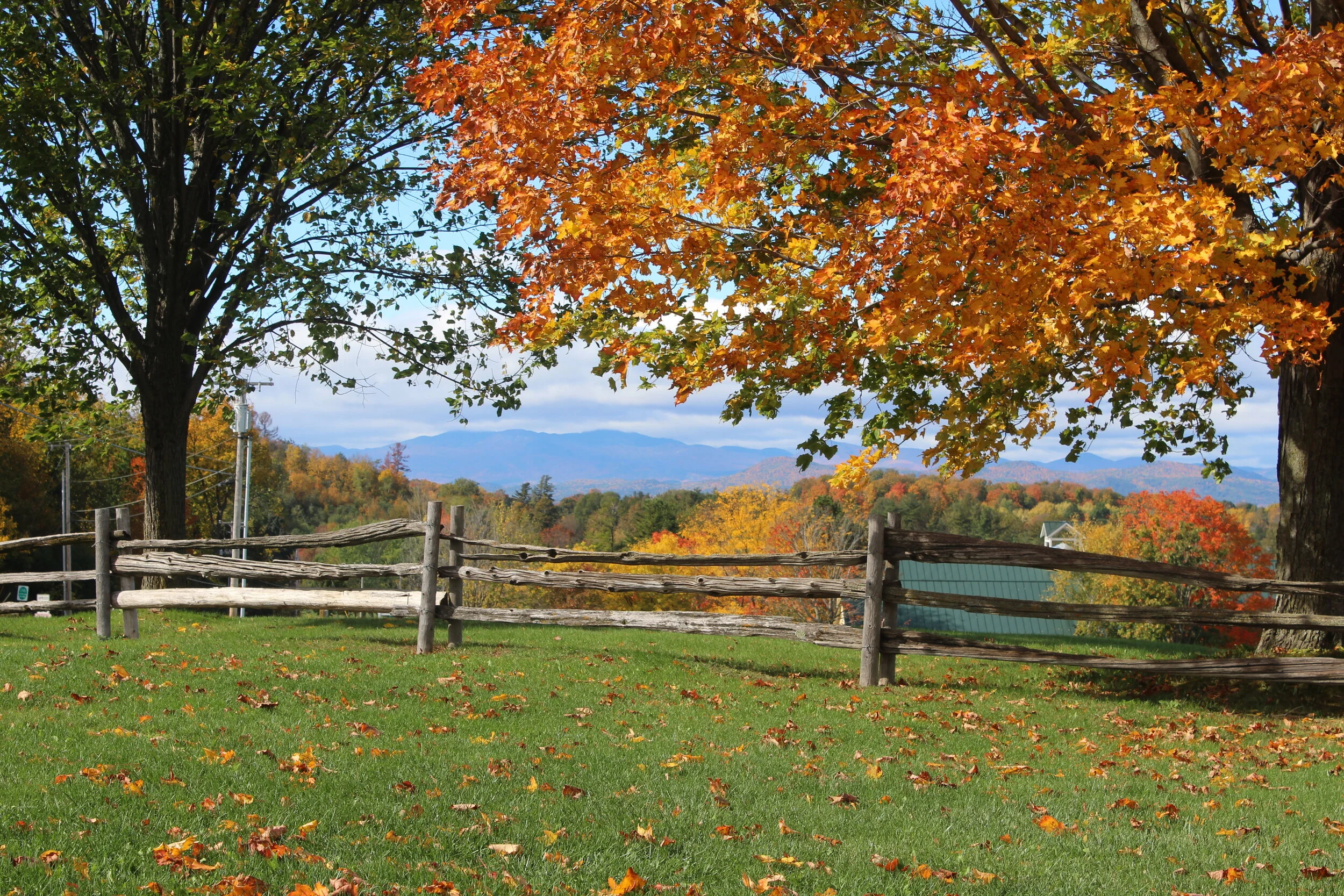Please join us for a special evening on Monday night, when we will celebrate our beautiful, new space and our precious sangha. At 6:15, we’ll start with social time and snacks. At 7pm, we will shift to the formal part of the evening, which Annie will facilitate. We will have a short sit and a ceremony, where we will formally welcome the space, followed by a second sit and dharma sharing, which will end at 8:30. You are welcome to join us for any part of the evening or for its entirety.
To help us plan, please:
(i) RSVP by COB Sunday (acceptances only) so that we get a headcount for the evening (please RSVP here)
(ii) volunteer if you’d like to help with set up, clean up or bring a specific item (please sign up on the google doc here)
Right now is a wonderful opportunity to pause and reflect on our sangha. In Creating True Peace Thich Nhat Hanh writes:
“If we are a drop of water and we try to get to the ocean as only an individual drop, we will surely evaporate along the way. To arrive at the ocean, you must go as a river. The sangha is your river. In our daily practice, we learn how to be a part of this river. We learn how to look with sangha eyes, how to walk with sangha feet, how to feel with a sangha heart. We have to train ourselves to see the happiness of our community as our own happiness and to see the difficulties of our community as our own difficulties. Once we are able to do this, we will suffer much less. We will feel stronger and more joyful.

























